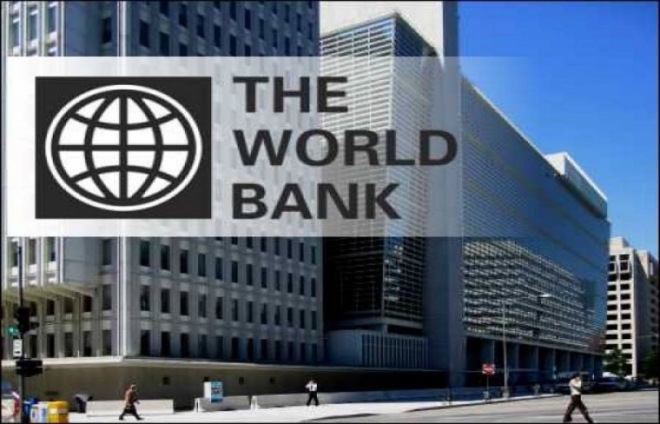World Bank urges African governments to urgently restore macro-economic stability
Global headwinds are slowing Africa’s economic growth as countries continue to contend with rising inflation, hindering progress on poverty reduction.
The risk of stagflation comes at a time when high interest rates and debt are forcing African governments to make difficult choices as they try to protect people’s jobs, purchasing power and development gains.
According to the World Bank’s latest Africa’s Pulse, a biannual analysis of the near-term regional macroeconomic outlook, economic growth in Sub-Saharan Africa (SSA) is set to decelerate from 4.1% in 2021 to 3.3% in 2022, a downward revision of 0.3 percentage points since April’s Pulse forecast, mainly as a result of a slowdown in global growth, including flagging demand from China for commodities produced in Africa.
The war in Ukraine is exacerbating already high inflation and weighing on economic activity by depressing both business investments and household consumption. As of July 2022, 29 of 33 countries in SSA with available information had inflation rates over 5% while 17 countries had double-digit inflation.
“These trends compromise poverty reduction efforts that were already set back by the impact of the COVID-19 pandemic,” said Andrew Dabalen, World Bank Chief Economist for Africa.
“What is most worrisome is the impact of high food prices on people struggling to feed their families, threatening long-term human development. This calls for urgent action from policymakers to restore macro-economic stability and support the poorest households while reorienting their food and agriculture spending to achieve future resilience.”
Elevated food prices are causing hardships with severe consequences in one of the world’s most food-insecure regions. Hunger has sharply increased in SSA in recent years driven by economic shocks, violence and conflict, and extreme weather. More than one in five people in Africa suffer from hunger and an estimated 140 million people faced acute food insecurity in 2022, up from 120 million people in 2021, according to the Global Report on Food Crises 2022 Mid-Year Update.



